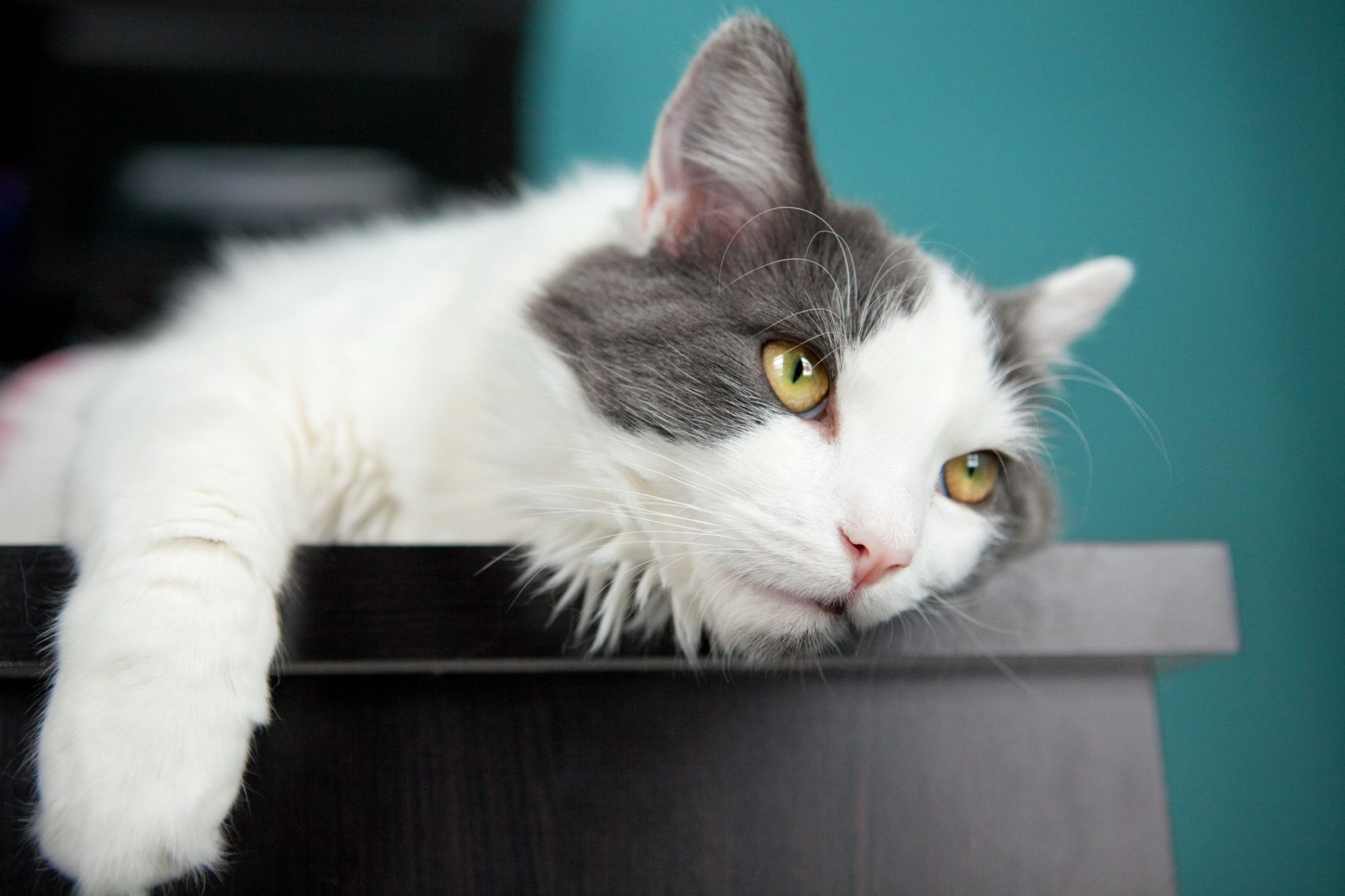Índice do Conteúdo
One of the greatest attributes of the feline species is also partly to blame when they don’t get the help they need. Indeed, cats are secretive, mysterious, and dead set against revealing any signs of weakness. It is their stealthy nature that hides the truth even from the most experienced and involved cat owners.
Knowing the signs that your cat is sick is a great place to start, but it’s not always clear or easy. However, being able to identify symptoms can help you address illness or injury in a timely fashion.
Where Are You?
One of the most obvious indicators that your cat is sick has to do with their behavior. They are creatures of habit, any departures from their routine should be noted and addressed. For instance, a previously chatty or clingy cat that suddenly withdraws from company or attention is clearly not feeling themselves. Likewise, a quiet cat that suddenly starts to vocalize more than ever is signaling they need help.
Odds and Ends
Any changes, even slight ones, may be linked to something serious. Cats that stop eating or drinking in their normal ways might also be suffering from an illness or injury. A general rule is to carefully measure food and water to ensure they are receiving optimal nutrition and hydration.
Dehydration is a common malady and should be treated right away. Similarly, when cats stop eating they can quickly develop a condition called hepatic lipidosis (fatty liver disease) that can have serious consequences.
Speaking of Eating and Drinking…
It is possible that your cat is sick if they gain or lose weight in a relatively short period of time. It’s not always easy to spot these changes when you spend a great deal of time together. That’s why we recommend two appointments per year for cats over age seven. This way we can stay in front of age-related concerns, such as rapid weight gain/loss before they get out of hand.
Not So Subtle
Vomiting and diarrhea are not normal feline behaviors and they definitely aren’t subtle. Contrary to popular opinion, coughing up hairballs should really only happen 1-2 times a year (if at all). Please call us right away if you notice changes in your cat’s litter box habits or inability to hold down food or water.
A sick cat may also strain or vocalize distress when trying to urinate or defecate. It takes a lot for a cat to react this way and their pleas shouldn’t be ignored.
When Your Cat Is Sick
If your cat is sick they will likely stop their fastidious grooming habits. You may see an oily or greasy coat, ear or eye buildup, or even tangles or mats.
Dental disease can cause excruciating pain if ignored and can lead to major illness throughout the body over time. Keep track of worsening breath, dropping food, or sensitivity when eating.
An Eye on Routine Visits
Cat wellness exams allow us to prevent significant health problems. Despite the best efforts of cat owners and our veterinary team, accidents do happen. If your cat shows serious symptoms, please seek emergency veterinary care immediately.
Our vets at Cat Care of Vinings are always here to help you through any potential cat illness or emergency. Please call us at (404) 792-0700 with any questions or concerns.








